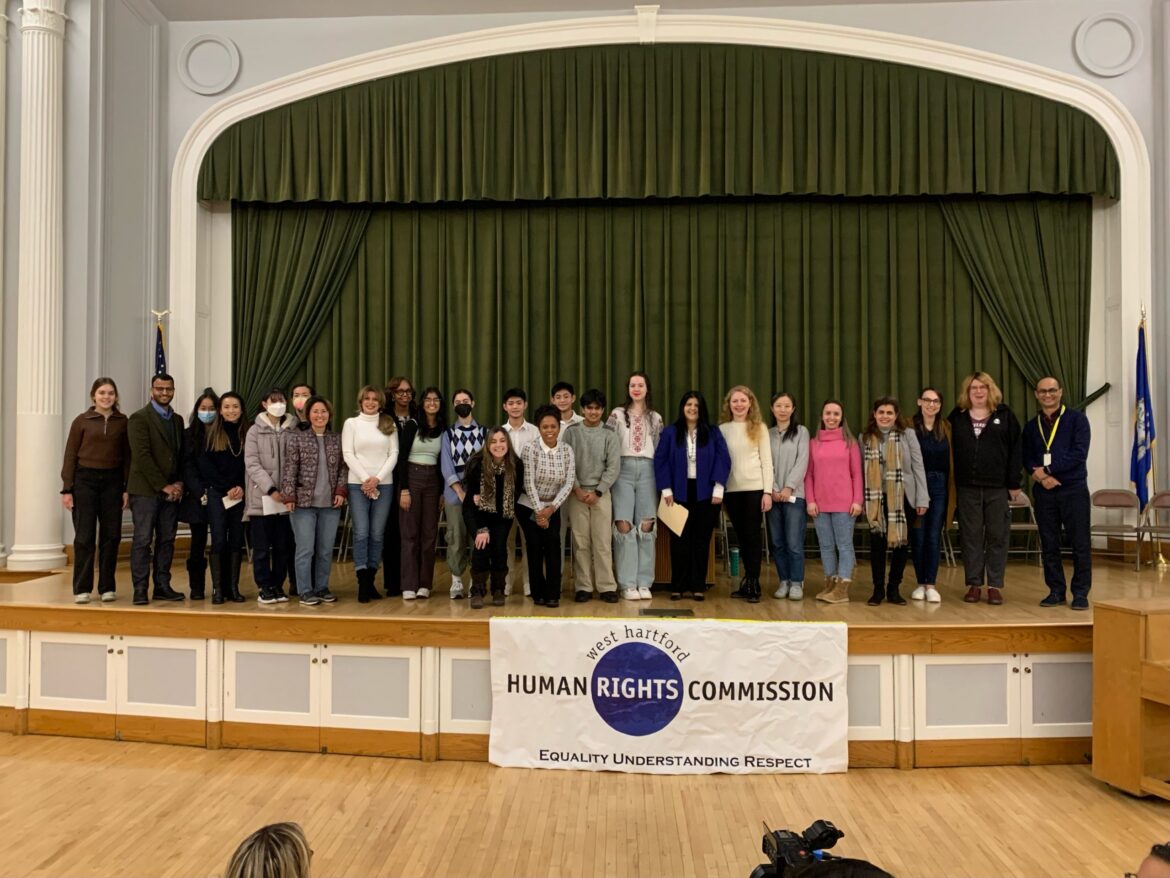The Universal Declaration of Human Rights (UDHR), adopted by the United Nations in 1948, stands as a global beacon illuminating the intrinsic entitlements of every individual, transcending boundaries of culture, ethnicity, and religion. It serves as a comprehensive document that delineates the fundamental human rights that ought to be universally upheld. In the Christian perspective, these rights are not merely legal stipulations; they resonate with spiritual undertones that encapsulate the heart of biblical teachings, urging believers to uphold human dignity in their daily lives.
To embark on this exploration, one might envision the declaration as a tapestry, with each thread representing an individual right that, when woven together, forms a magnificent depiction of humanity’s aspirations for liberty, justice, and peace. Each clause reverberates with the echo of divine principles, which are inherently woven into the fabric of creation itself, asserting that every person is created in the image of God. Fundamental rights such as the right to life, liberty, and security of person can be reflected through the lens of divine love, urging Christians to commit to the welfare of others.
The right to life, for instance, is enshrined as an unassailable tenet in both the UDHR and Christian doctrine. This cardinal principle underscores the value of existence, fostering a culture that respects and sanctifies life in all its forms. Christians, guided by the commandment “Thou shalt not kill,” are called to advocate for the preservation and respect of life—an ethical obligation that extends beyond mere adherence to law. Each life represents a unique manifestation of God’s creativity, making the act of protecting life a sacred stewardship.
Furthermore, the right to liberty and security invokes a profound reflection on the transformative grace offered through faith. In the Christian narrative, true freedom is found in Christ, who liberates believers from the chains of sin and despair. Thus, Christians are implored to not only cherish their own freedoms but also to champion the liberty of others, ensuring that individuals are not ensnared by oppression in any form. The sanctity of free will, a gift bestowed by God, shapes the foundation upon which all human rights rest. This recognition fosters a collective responsibility among believers to advocate for those who find themselves sidelined by societal injustices.
Moreover, the right to equality is particularly significant within the Christian ethos. The biblical proclamation that “there is neither Jew nor Gentile, neither slave nor free, nor is there male and female, for you are all one in Christ Jesus” (Galatians 3:28) strips away the barriers that divide humanity and calls for an egalitarian society. The UDHR echoes this sentiment, affirming that every individual is entitled to all rights and freedoms without distinction of any kind. This amalgamation of spiritual doctrine and universal principle encourages Christians to dismantle biases, prejudices, and social disparities—an endeavor that embodies the very essence of Christian love.
The right to education, too, finds its roots in both the UDHR and biblical scripture, promoting the idea that knowledge is not only a pathway to empowerment but also a divine gift. In Proverbs, wisdom is exalted, encouraging the pursuit of understanding. Christians are thus nudged towards fostering educational opportunities for all, recognizing that intellectual advancement is imperative for human flourishing. The act of enlightening others illuminates the path towards equality and justice, as an educated populace is better equipped to question and challenge injustices that may arise.
In our quest to understand these rights holistically, one cannot overlook the right to community and participation. The Christian faith is inherently communal, with believers called to engage in fellowship and collective worship. The UDHR’s endorsement of the right to freely participate in the cultural life of the community aligns seamlessly with the biblical call for believers to be the “salt of the earth” and the “light of the world.” In this vein, Christians are encouraged to actively contribute to their communities, advocating for policies and practices that foster inclusion and respect for diversity. This commitment transcends mere civic duty; it becomes a profound expression of living out one’s faith.
However, the realization of these rights often faces formidable obstacles. Social inequities, systemic injustices, and apathy can cloud the pursuit of a just society. In this struggle, Christians are reminded of their role as agents of change, tasked with imbuing societal structures with the love, mercy, and justice that characterize Christ’s ministry. By embodying compassion and perseverance, believers can illuminate the dark corners of society where human rights may be in jeopardy.
In conclusion, the Universal Declaration of Human Rights, when viewed through the prism of Christian faith, evolves into more than mere legal text; it becomes a divine manifesto advocating for the dignity and worth of every human being. The rights enshrined within its articles reflect the heart of God’s creation and call believers to action—to foster a world that mirrors the love and justice of Christ. Through the lens of humanity’s shared divinity, the entitlements outlined in the UDHR resonate deeply, urging us toward a collective movement that honors and uplifts every individual. Thus, in recognizing and advocating for these rights, Christians embark on a sacred journey—one that aligns spiritual conviction with the universal aspiration for a just and equitable world.



